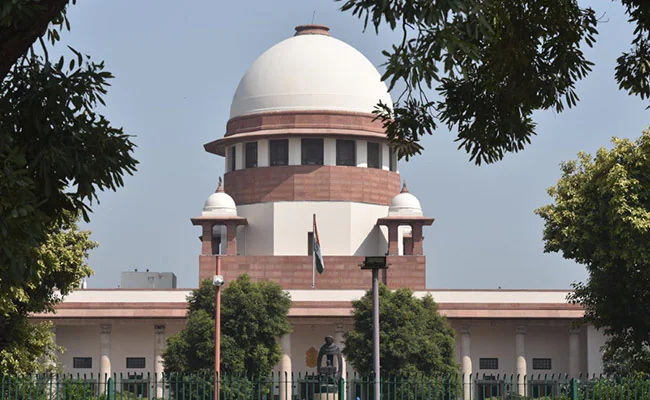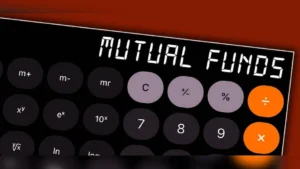On Thursday, the Supreme Court affirmed a number of important sections of the Insolvency and Bankruptcy Code (IBC) that had been contested on the grounds that they violated fundamental rights, including the right to equality of individuals who are the subject of insolvency proceedings.
The supreme court maintained the validity of certain changes to the IBC relating to the Insolvency Resolution of Personal Guarantors that were made in 2019.
A bench made up of Chief Justice D Y Chandrachud, Justices J B Pardiwala and Manoj Misra upheld the validity of the IBC provisions that prohibit personal guarantors from being granted a hearing prior to the admission of insolvency petitions from creditors in the event that there is a default in loan or dues repayment.
“It is not possible to declare the IBC to be operating in a way that violates the Constitution retroactively. Therefore, we maintain that the statute is free from the flaws of blatant arbitrariness,” the CJI stated.
According to the bench, the contested IBC provisions do not “suffer from any manifest arbitrariness to violate Article 14 (right to equality) of the Constitution,” and the court is unable to change how the legislation was worded.
With the ruling, the highest court addressed up to 391 petitions contesting different IBC provisions. The constitutionality of sections 95(1), 96(1), 97(5), 99(1), 99(2), 99(4), 99(5), 99(6), and 100 of the Code was contested on numerous occasions.
These clauses address the different phases of bankruptcy procedures against a defaulting company or individuals as well as personal guarantors’ right to a hearing prior to the start of bankruptcy procedures against a defaulting company.
The comprehensive ruling has not yet been uploaded.
Prior to this, the Supreme Court had sent notices on several occasions regarding petitions contesting different aspects of the IBC.
Later, all 391 petitions—including the lead one submitted by Surendra B. Jiwrajka—were combined to provide a definitive ruling on legal matters.
R Shah, through attorney Anne Mathew, filed a petition challenging various IBC provisions. The petition stated: “The impugned provisions are inherently violative of the principle of natural justice and strike at the root of the right of livelihood, right to trade and profession, and also the right to equality of the petitioner under Article 21 (right to life), 19(1)(g) (right to practice any profession), and 14 (right to equality, respectively, of the Constitution.” It claimed that none of the contested clauses allowed for an accused personal guarantor to have a hearing prior to the resolution professional’s appointment and the imposition of a moratorium on the guarantor’s assets.
It’s interesting to note that Section 96(1) of the IBC automatically imposes a moratorium on the alleged guarantor upon filing an application under Section 95 of the Code, without requiring prior notice—a requirement that violates fundamental natural justice principles.
“Such restrictions on the liberties of a person, including restrictions to discharge any debt, without affording any opportunity of hearing are not only ultra vires of the Constitution but also unknown in law,” it continued.
It stated that there is no substitute for the appointment of a Resolution Professional in the scheme of Section 97(5) of the Code.







